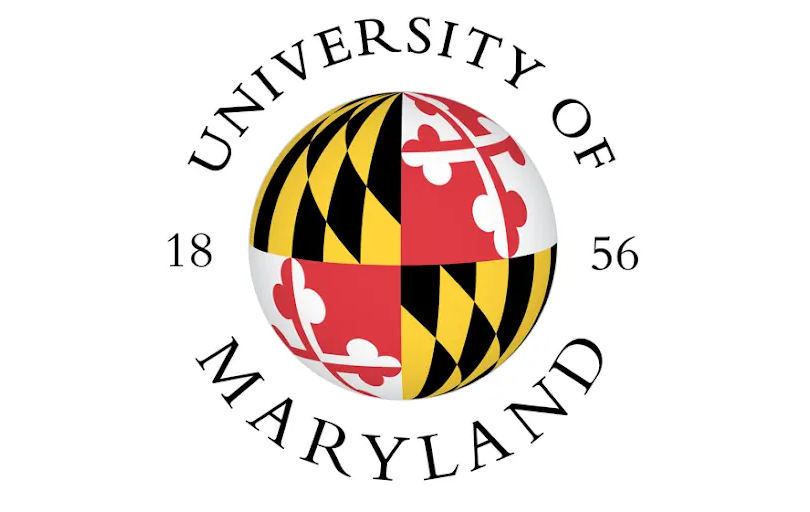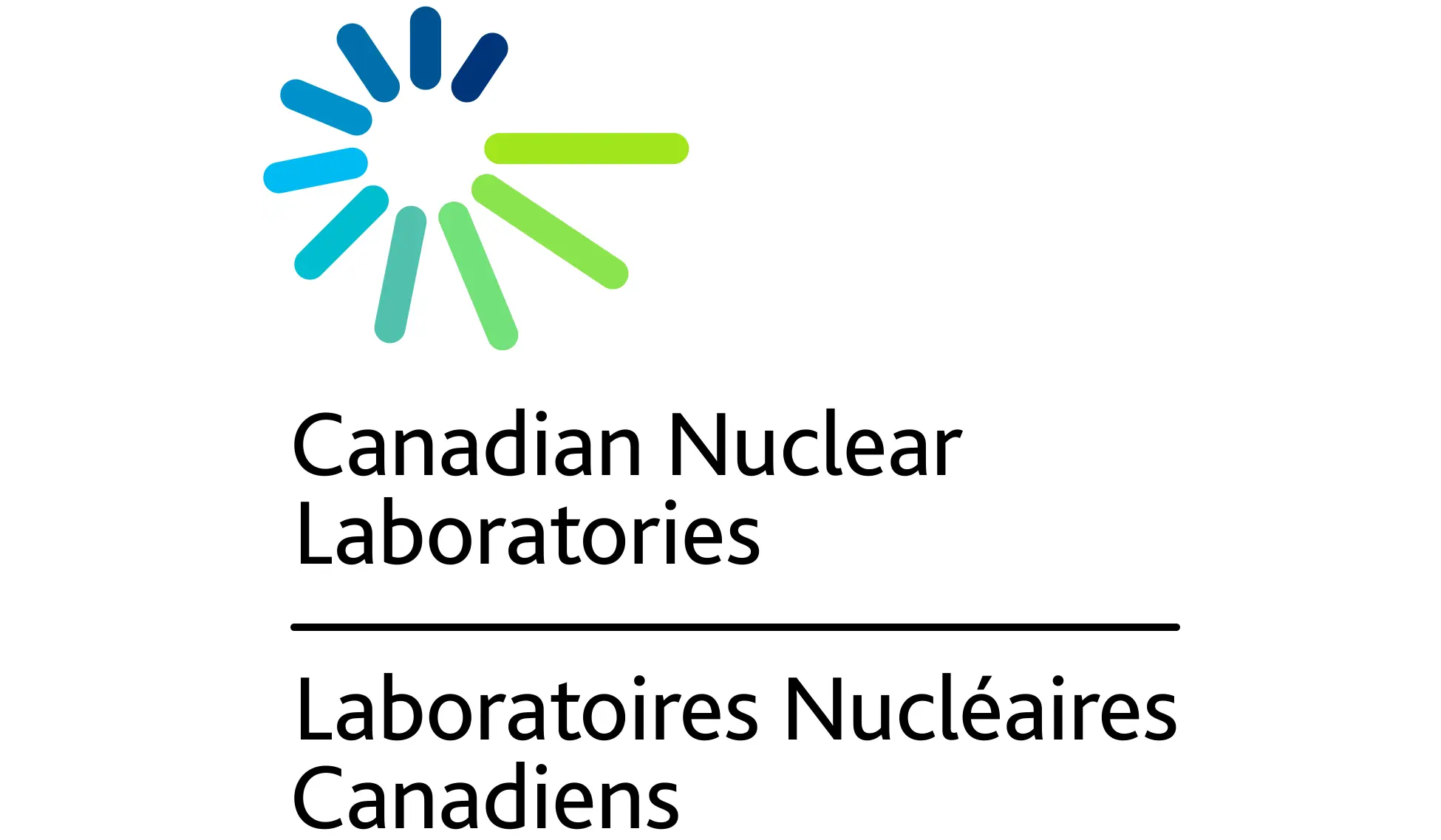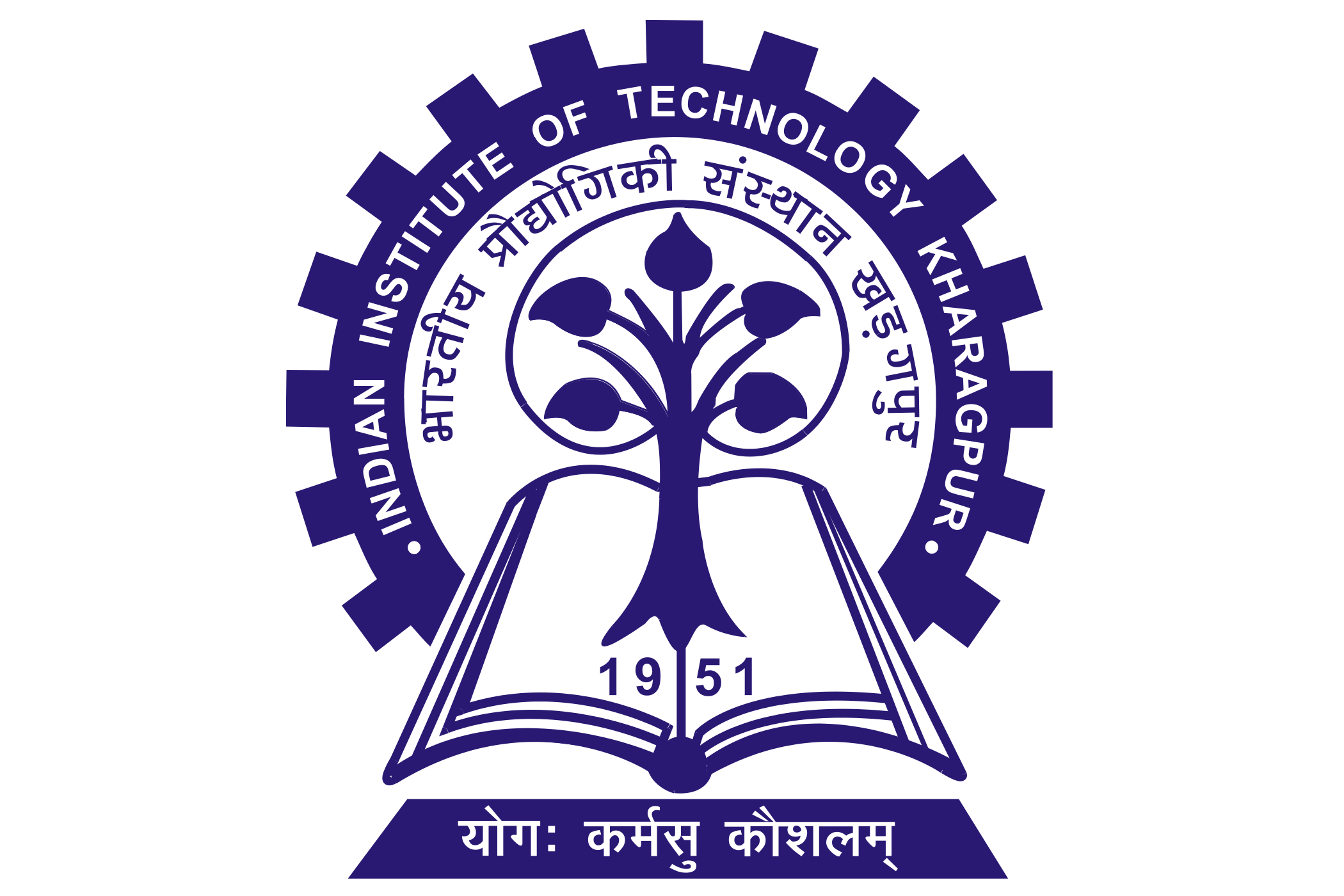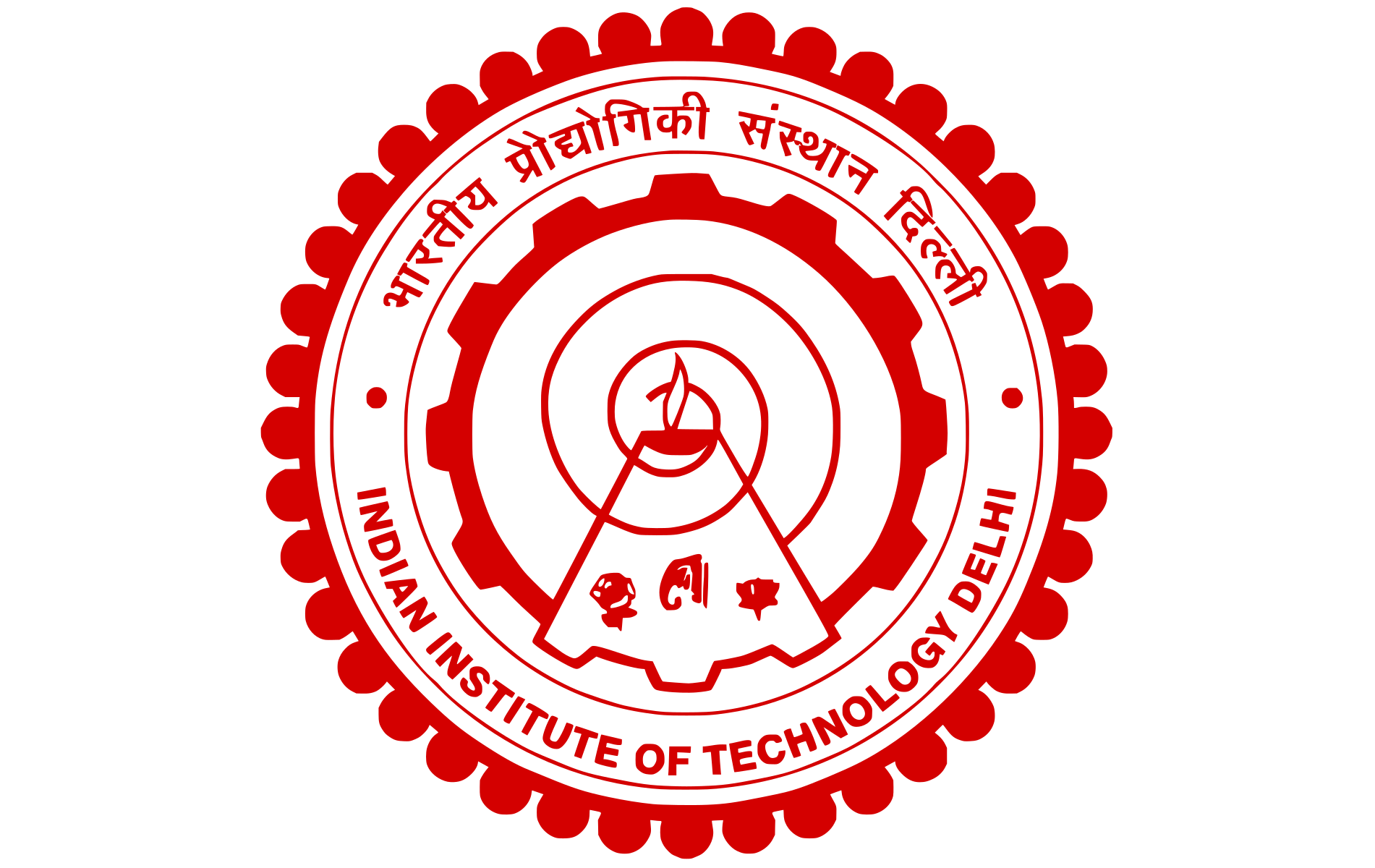News & Announcements
- September 2024: Our paper is selected as a Featured Article by the ASME Journal of Mechanical Design.
- July 2024: Abhinav Krishnan has joined CSRL as a PhD student. Congratulations to Abhinav!
- April 2024: Our paper is accepted by the ASME Journal of Computing and Information Science in Engineering.
- September 2023: Our paper is accepted by the ASME Journal of Mechanical Design.
- August 2023: Our paper is selected as one of the "Papers of Distinction" at the ASME/IDETC-CIE Conference in Boston, USA.
Principle Investigator
Current Members

Niraj Patle
MTech @ IIT Kharagpur | Quality & Reliability Engineering | Topic: Fault Tree Analysis Jan. 2024 - Present
Keya N. Battu
BS @ IIT Kharagpur | Mathematics & Computing | Topic: Quantum Machine Learning Sept. 2023 - PresentCollaborating Organizations
Research
Active Learning for Structural Reliability
We focus on enhancing the reliability assessment of engineering structures through advanced active learning techniques. The framework integrates various methods, such as, surrogate modeling, Monte Carlo simulation, and adaptive learning. Surrogate models such as kriging and polynomial chaos expansions are employed to efficiently approximate the limit-state surface, making the exploration of the random space more cost-effective. Reliability methods, including Monte Carlo simulations, are utilized to estimate failure probabilities with high accuracy, contributing to the development of safer and more reliable structural designs.
Quantum Computing for Reliability Simulation
We explore the application of quantum computing to reliability engineering by developing quantum algorithms to address complex reliability problems, including the use of quantum fault trees. Our goal is to leverage the unique capabilities of quantum computing to solve reliability challenges that are intractable with classical methods. By advancing computational power, we aim to enhance system reliability assessments, life data analysis, and reliability simulations, paving the way for more robust and efficient engineering solutions for the future.
Reliability Analysis of Complex Systems
Our research focuses on the reliability, life prediction, and health management of complex engineering systems. We develop dynamic reliability analysis methods and data-driven models using Bayesian networks and machine learning for health monitoring, fault detection, and remaining useful life prediction. By integrating advanced predictive algorithms, quantum-classical hybrid techniques, and real-time condition monitoring data, we enable proactive failure identification and system optimization. This work supports reliability-based design, predictive maintenance strategies, and overall performance improvement, reducing downtime and ensuring operational efficiency in a variety of challenging environments.
Bayesian Degradation Modeling and Prediction
We develop advanced likelihood-free algorithms for Bayesian degradation modeling and reliability prediction, focusing on model selection and parameter estimation from noisy and limited condition monitoring data. Our expertise includes Hamiltonian Monte Carlo-based and subset simulation-based algorithms, applied to stochastic degradation modeling and prediction. By incorporating randomness and uncertainty, we try to simulate degradation processes over time, enabling life prediction and reliability assessment. These methods guide maintenance strategies, optimize resource allocation, and enhance safety, ensuring the structural integrity of engineering systems under uncertain conditions.
Publications
Journal
- Hazra, I., Weiner, M. J., Yang, R., Chatterjee, A., Southgate, J., Groth, K. M., & Azarm, S. (2024). Prognostics and health management of unmanned surface vessels: past, present, and future. ASME Journal of Computing and Information Science in Engineering, 24(8), 080801.
- Hazra, I., Chatterjee, A., Southgate, J., Weiner, M. J., Groth, K. M., & Azarm, S. (2024). A reliability-based optimization framework for planning operational profiles for unmanned systems. ASME Journal of Mechanical Design, 146(5), 051704. (Featured Article)
- Hazra, I., Pandey, M. D., & Rahman, M. (2023). A probabilistic approach to the estimation of radioactive contaminant inventories at a nuclear waste disposal site. Journal of Environmental Radioactivity, 259, 107119.
- Hazra, I., Bhadra, R., & Pandey, M. D. (2022). Likelihood-free Hamiltonian Monte Carlo for modeling piping degradation and remaining useful life prediction using the mixed gamma process. International Journal of Pressure Vessels and Piping, 200, 104834.
- Hazra, I., & Pandey, M. D. (2022). A simulation-based Bayesian approach to predict the distribution of maximum pit depth in steam generator tubes. Nuclear Engineering and Design, 386, 111563.
- Hazra, I., & Pandey, M. D. (2021). A likelihood-free approach towards Bayesian modeling of degradation growths using mixed-effects regression. Computers & Structures, 244, 106427.
- Hazra, I., Pandey, M. D., & Manzana, N. (2020). Approximate Bayesian computation (ABC) method for estimating parameters of the gamma process using noisy data. Reliability Engineering & System Safety, 198, 106780.
- Hazra, I., Pandey, M. D., & Jyrkama, M. I. (2020). Estimation of flow-accelerated corrosion rate in nuclear piping system. ASME Journal of Nuclear Engineering and Radiation Science, 6(1), 011106.
Book Chapter
- Hazra, I., San Mart´ın Silva, G., L´opez Droguett, E. Assessment of system reliability using quantum computers: A primer. In Modern Design and Manufacturing Practices for Performability Engineering by Wiley-Scrivener Publishing LLC. (Accepted)
Conference
- Hazra, I., Chatterjee, A., Southgate, J., Weiner, M. J., Groth, K. M., & Azarm, S. (2023). A reliability-based optimization framework for planning operational profiles for unmanned systems. The ASME 2023 International Design Engineering Technical Conferences and Computers and Information in Engineering Conference (IDETC/CIE2023), Volume 3A: 49th Design Automation Conference (DAC), August 20-23, 2023, Boston, Massachusetts, United States. (Paper & Presentation) (Paper of Distinction)
- Hazra, I., Pandey, M. D., & Rahman, M. (2022). Uncertainty assessment of radiation inventories in a contaminated site. The 41st Annual CNS Conference and 46th Annual CNS/CNA Student Conference of the Canadian Nuclear Society (CNS), June 5-8, 2022, Saint John, New Brunswick, Canada. (Paper & Presentation)
- Hazra, I., & Pandey, M. D. (2021). Approximate Bayesian computation method for modeling pitting corrosion in structural components. Engineering Mechanics Institute (EMI) Conference and Probabilistic Mechanics & Reliability Conference (PMC), May 25-28, 2021, Virtual Event hosted by Columbia University, New York City. (Presentation)
- Hazra, I., & Pandey, M. D. (2020). Probabilistic prediction of degradation in reactor components: A Bayesian approach. University Network of Excellence in Nuclear Engineering (UNENE)’s R&D workshop, December 14-15, 2020, Virtual Conference. (Poster)
- Hazra, I., & Pandey, M. D. (2020). Probabilistic modeling of degradation in reactor components using the Bayesian mixed-effects regression method. The First Virtual Research Colloquium 2020-2021, November 12, 2020, jointly hosted by the University of Strathclyde, Glasgow, UK, and the University of Waterloo, Waterloo, Canada. (Presentation)
- Hazra, I., & Pandey, M. D. (2020). Quantifying parameter uncertainty in linear mixed-effects modeling of the corrosion degradation process. SIAM Conference on Uncertainty Quantification (UQ20), March 24-27, 2020, Technical University of Munich (TUM), Garching, Germany. (Abstract accepted; conference canceled due to COVID-19 outbreak)
- Hazra, I., Pandey, M. D., & Jyrkama, M. I. (2019). Probabilistic analysis of FAC rate in CANDU® feeder pipe system. University Network of Excellence in Nuclear Engineering (UNENE)’s R&D workshop, January 14-17, 2019, Mississauga, Ontario, Canada. (Poster)
- Hazra, I., Pandey, M. D., & Jyrkama, M. I. (2018). Estimation of the probability distribution of flow-accelerated corrosion rate in feeder pipes. The 8th International Conference on Simulation Methods in Nuclear Science and Engineering, Canadian Nuclear Society (CNS), October 9-11, 2018, Ottawa Marriott Hotel, Ottawa, ON, Canada. (Paper & Presentation)






